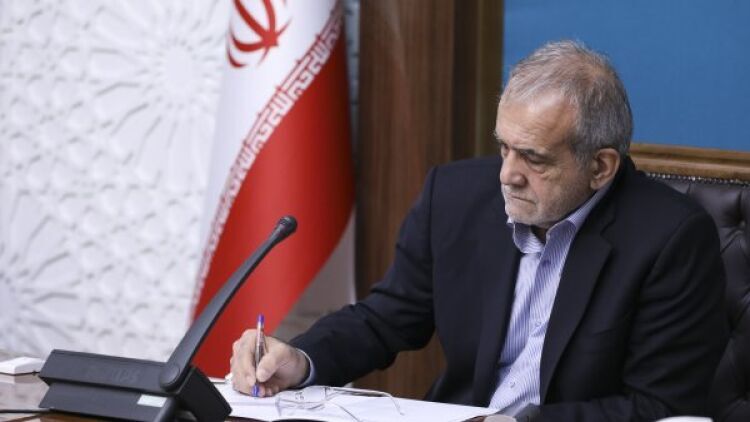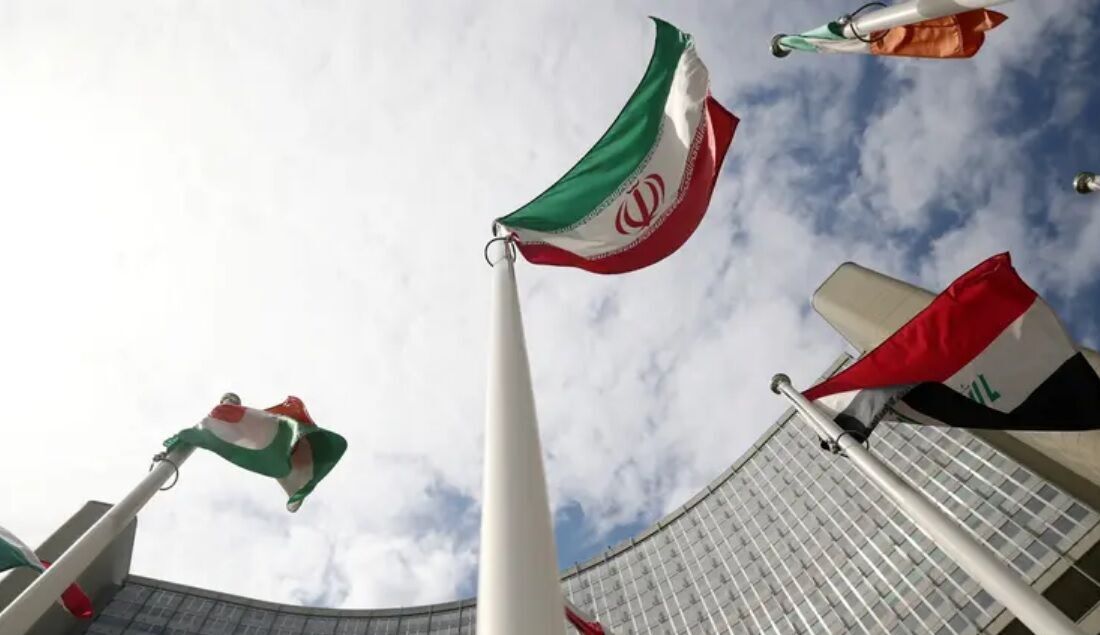
Similar Posts
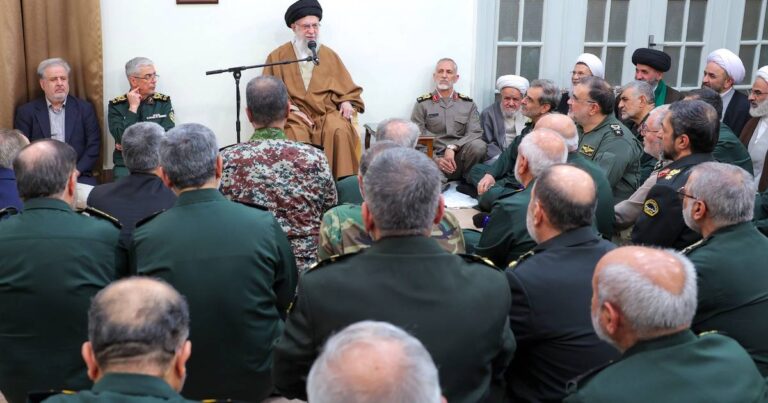
Iran Aims for ‘Controlled Narrative’ on US Talks to Shape Domestic Perception
Iran’s diplomatic strategy regarding ongoing negotiations with the U.S. revolves around managing public perception and controlling narratives. Recent statements from Iranian officials, including Foreign Minister Abbas Araghchi’s withdrawal from a Carnegie Endowment meeting, reflect a desire to avoid public scrutiny. Araghchi criticized “special interest groups” for attempting to influence negotiations and emphasized that Iran’s main goal is lifting sanctions. Meanwhile, Iranian officials aim to present a dominant narrative post-talks, despite contradictory claims about transparency. This strategic approach seeks to bolster Iran’s negotiating position while navigating complex international dynamics, balancing secrecy with national interests.
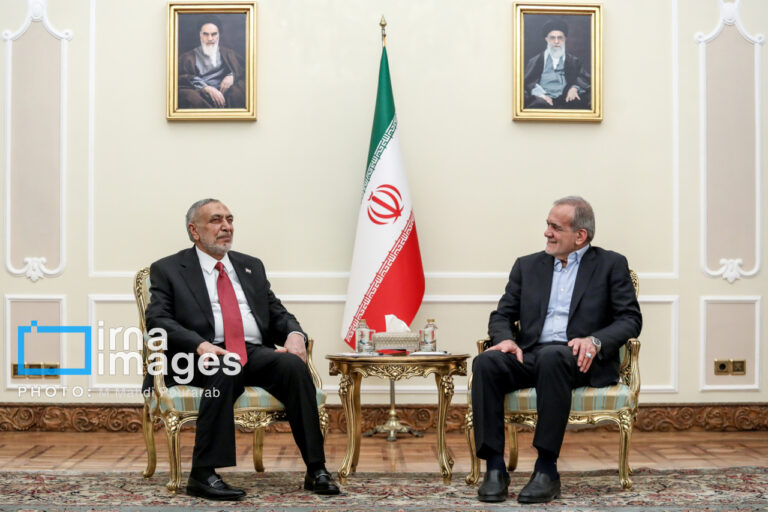
Unity Among Islamic Nations: Pezeshkian Urges Collective Action Against Adversaries’ Schemes
In a recent address, Iran’s President Masoud Pezeshkian emphasized the importance of unity among Islamic nations to counter adversaries and conspiracies. He argued that internal disputes weaken the Islamic Ummah and called for collective efforts in economic development and security. During a meeting with Iraqi Parliament Speaker Mahmoud al-Mashhadani, they discussed enhancing cooperation in trade, science, and border collaboration. Pezeshkian also addressed the situation in Syria, advocating for an inclusive government, and urged support for Palestine and Lebanon amid ongoing crises. The Iraqi speaker supported these views, highlighting a shared commitment to regional stability and the Palestinian cause.
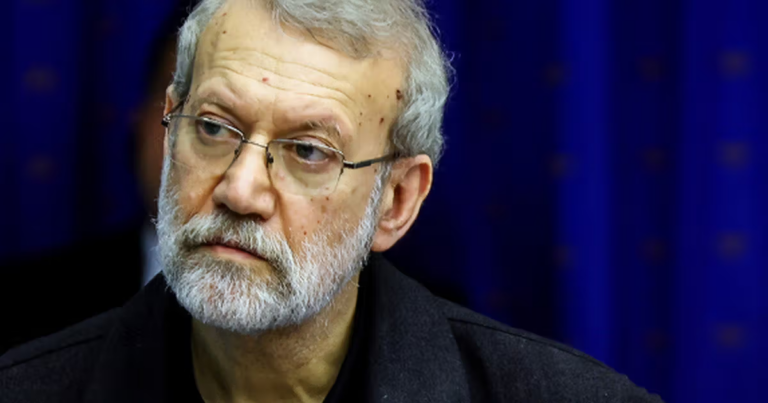
Iran’s Dilemma: Internal Conflict Over Nuclear Weapons Development
Recent comments by Ali Larijani, a senior adviser to Iran’s Supreme Leader, have sparked controversy regarding Iran’s nuclear ambitions. In a televised interview, Larijani suggested that Iran might reconsider its fatwa against nuclear weapons if faced with a significant threat, despite asserting that Iran is not currently pursuing nuclear arms. His remarks received support from hardliners on social media but drew criticism for potentially justifying preemptive military actions by adversaries like the U.S. and Israel. Iran’s Foreign Minister reiterated the country’s commitment to diplomacy and non-proliferation, while discussions continue about the implications of Larijani’s statements on international relations.
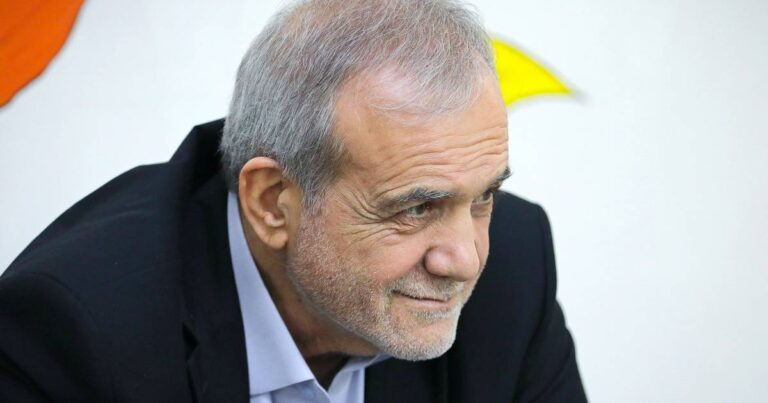
Iran’s Commitment to Peace: Pezeshkian Speaks Exclusively to NBC
In a recent NBC News interview, Iranian President Masoud Pezeshkian reaffirmed Iran’s commitment to peace and de-escalation, aiming to foster dialogue with the incoming US administration despite a fraught history. He condemned Israel’s military actions as provocations and emphasized the need for collaboration to establish regional stability. However, Iran’s Supreme Leader, Ali Khamenei, opposes negotiations with the US, citing deep-rooted enmity. As President-elect Donald Trump prepares to revive pressure on Iran, analysts warn of potential economic repercussions for the nation. The evolving diplomatic landscape between Iran and the US will significantly impact regional stability moving forward.
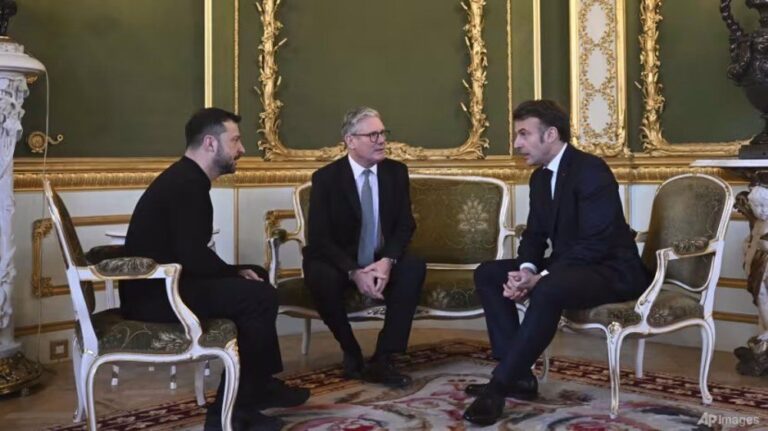
France and UK Unveil Bold One-Month Ceasefire Initiative for Ukraine
In a recent interview, President Macron outlined a proposed ceasefire plan to stabilize the conflict in Ukraine, focusing on military operations and enhancing security across air, sea, and energy domains. He confirmed that initial phases will not include ground troops, with European deployment not expected soon. Macron urged European nations to boost defense spending to 3-3.5% of GDP, highlighting Russia’s 10% allocation. Ahead of a crisis meeting in London with European leaders, Macron emphasized the need for a strong Italy in supporting peace efforts. Prime Minister Starmer will collaborate with Ukraine on the ceasefire plan, aiming for US approval.
